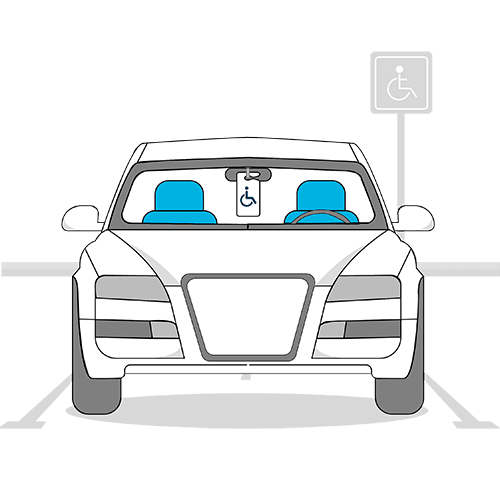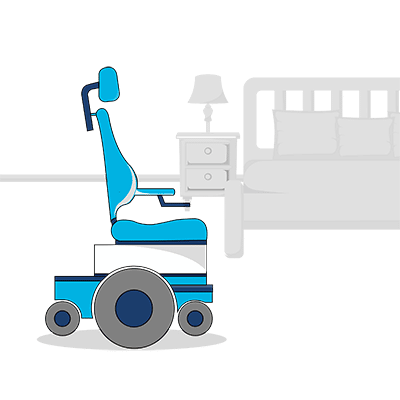Written by Senior Policy Officer for the Physical Disability Council of NSW (PDCN), Hayley Stone
Last week I received my first vaccine. The relief was palpable. I know I’m lucky… many haven’t even got that far yet.
As I waited in line, I overheard a terse conversation between someone further in the queue and the processing health officer.
It turns out the man didn’t have an appointment.
He had quietly waited, at this point, close to two hours. He was the right age range – it seems he had a previous booking that he couldn’t get to.
“We’ve got to check IDs” another health worker said apologetically, “people are faking who they are to get vaccinated”.
And as I waited and watched the bewildered health officer struggle with the dilemma they were now in, I thought about the vaccine rollout, Astra Zeneca hesitancy and the slow vaccination rates in Aged and Disability Care.
Improving the bumpy road to regaining ‘normality’
It’s clear that with a looming Federal election the rollout has already become highly politicised. This could be a major impediment in achieving the herd immunity we need to return to a semblance of normal life. (Side note: here’s how to wear face masks wisely in the meantime)
In my work I am fortunate to be able to connect to leading health officials in NSW, and to also talk to people with physical disability about their vaccination experiences.
It’s obvious there’s a lack of consistent information from the top down, and this lack of clarity is undermining public confidence.
Take the Astra Zeneca (AZ) vaccine for instance. The risk factors associated with the vaccine are not intuitive to the public, since the risk of blood clotting increases the younger you are – keep in mind, this risk is statistically extremely low.
Vaccine rollout clarity needed around reward vs risk
What people want to know about AZ is what the risks are and how to interpret these risks in a real-world context, based on risks they routinely take in their day to day lives.
Statistical probabilities mean nothing to me. I just focus on the grim part and think “Murphy’s Law that’ll be me.” I don’t think I’m alone here.
I believe what would be useful is how those statistical odds match up against, say, the flu vaccine I regularly take, or the risk of being hit by a car while crossing the road.
GPs also need to be given up-to-date information about risk factors. They need to feel confident to communicate this information to patients, and be indemnified when a patient exercises informed choice. They are front line in the rollout and have a vital role to play in information dissemination.

I appreciate that they are a risk averse bunch by nature – I’m personally glad of this! But GPs shouldn’t be feeling around in the dark for accurate information at a time when the focus should be on getting vaccine numbers as high as possible as soon as we can.
Public health messaging should likewise be clear and transparent.
The public needs to trust the information they are receiving in terms of its reliability. This includes being able to trust where it is sourced from.
This doesn’t necessarily mean consensus but if there are variations in approach, the reasons need to be clear. This should be the case whether it’s the Federal Government, the Australian Technical Advisory Group on Immunisation, State Premiers or the State and Territory Health Ministers.
Simplifying vaccinations to improve take up rates
Lastly, we need vaccines to be easy. Public messaging to date had led many people to feel that Covid19 does not represent a serious threat to them personally, but we need people to vaccinate for the sake of those who are vulnerable.
Altruism for the common good has its limits.
We need to allow for paid vaccination leave and increase the number of vaccination centres. Or, think of some other way to accelerate the vaccine rollout. Then, streamline these processes to make it as easy as possible for people to attend.
Why not adopt a Red Cross Blood Donation approach and come to communities? Have vaccine drives in essential workplaces? Mobilise sports stadiums as vaccination hubs?
Three-hour wait times to be vaccinated, seen currently, are an investment many working people struggle to make. This is a particular pain point if it results in reduced pay for casual workers, or the need to take holiday leave.
Importantly: Critical to the success of the vaccine rollout is to keep vaccines non-partisan. Votes might be won in the short term, but we’ll all be the losers in the long run. Let’s work together to spread consistent messaging and return to normality as quickly as possible – for everyone’s sake.








